Part of being a Public Lands Hunter is Sharing the Resource Properly
There’s a plague in the world of waterfowling. What was once regarded as the longstanding unspoken rules of duck hunters has now become a run of chaos in the field. As public land hunters we need to share our spaces and respect each other.
With a new generation picking up the torch — and doing so often without mentors and learning the ropes on their own — it’s important we take the time to communicate the etiquette of sharing public space. Add in an older generation that feels entitled to a spot “they’ve been hunting for 30 years” and we need to learn how to navigate this space.
Observing these unspoken rules works best for everyone involved. And although it may not always prevent you from being subject to one of those hunters it will build a better space for the future. A tradition that we, as duck hunters, should take pride in: that pound for pound, we should work harder than all other pursuits to put meat on the table. Thinking that just by showing up to the duck slough to do whatever the heck one wants doesn’t grant said individual the right to public lands, a brace of birds or ruining your hunt.
The world is already full of assholes. Be a real duck hunter. Work hard and mind your manners by heeding the following unspoken rules of public land waterfowl hunting.
Know the Laws and Regulations
Hunting is not a right — it is a privilege. Trespassing, poaching, using motorized decoys out of season and anything else illegal can give hunters a bad reputation. Part of being responsible for the resource is respecting the laws in place to make sure these resources are sustainable for the future. Keep up to date on the waterfowl laws where you are hunting.
Show up Early
This is duck hunting, right? We are proud of the pain and agony we put ourselves through in the waterfowl world. The first step of that is to wake up hours before sunrise to get to the blind – and more than likely beat out the other hunters (if you’re tying for a spot on public land). And at the end of the day, you have to honestly answer, “Was that extra 15 minutes of sleep worth it to possibly lose the prime blind location? Was it worth it to arrive so late that you’re missing out on being ready at shooting light?” The answer will always be emphatically, “No!”
Do Not Set Up Close to Other Waterfowl Hunters
Sometimes the snooze button is just so tempting. That’s not justification to move your setup just 20 more yards down from the hunters that beat you to your spot. You showed up late and were beat by someone else to the spot. Bummer! We’ve all been there. Don’t be a jackass and think it’s okay to set up right next to them. You snoozed, you lose. Respect their diligence; they’re the early birds, they get the spoils.
Do Not Call if You Cannot Call
Do not blow your call unless you can carry a note. There are nine months of off season to practice. I know you recently bought a fancy new call that has won world competitions for others. Some of us, however, aren’t them. Do yourself and the rest of those sharing the swamp or lake a favor and put it away. Your silence is golden. I’d be willing to wager you’ll have a better hunt, as well.
Do Not Shoot Birds Working Another’s Decoys
Remember those hunters that got to the spot first? Well, one from their group is a master with the call and is pulling in birds from all directions. They’ve been getting plenty of shooting. Some flocks that are working their spread swing by you. You’ve let many flocks like this pass before, but, dang it, you haven’t shot your gun at all this morning so they can share, right? WRONG! They put the time in to get to the spot first and also put in even more hours practicing on the duck call. Recall the bag limits in your state’s regulations. In Minnesota, for example it’s six birds. Unless they’re legendary wingshooters, chances are they’ll be going through nearly a box of shells to get their limit. Again, they put in the time and effort. Honor them by passing on ducks working their spread and take the time to learn what they are doing right.
Do Not Sky Bust
This is a cardinal rule. True duck hunters are ethical and respect the resource. We are not bloodthirsty barbarians. Honor the bird. A duck hunter should take their game when it’s in range and is retrievable, plain and simple.
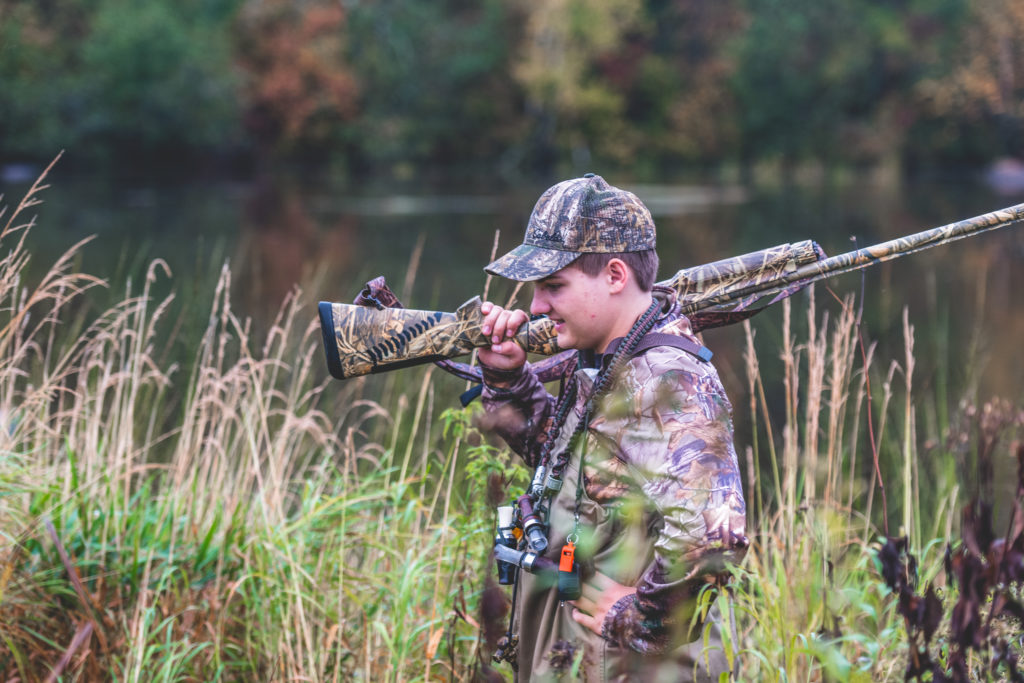
Give Fair Chase to Downed Game
There are times when we fold birds and they appear dead as doornails. Then they, like the legendary Phoenix, awaken with new life. Except they’re crippled. Unless it’s unsafe for you and/or your dog to retrieve it, do make every effort to recover the bird. Inconvenient isn’t a word in an ethical duck hunter’s vocabulary. We work hard for everything – especially when it comes to retrieving our birds. Honor the bird.
Do Not Keep Another’s Downed Bird
This one is obvious, but sadly does occur – especially with the inconsiderate others that fail to follow any of the above listed tenets. It can be argued that duck hunters put in the most effort for very meager spoils of meat (pound for pound). So unless you have been stranded in the wilderness for a week without food, if the group next to you or a person in your blind shot a bird, give it up. That may be a kid’s first bird. Either way, they earned it.
Do Not Shoot Another’s Decoys
Whatever shape they may be in, you have no right to destroy another person’s property. Divers are notorious for flying low. Look for opportunities to shoot in the open gaps of decoys. It’s really not that funny to get up and blast some buckshot into a someone else’s decoy when you don’t see or shoot a bird all morning. Unless the owner of the decoy says you can, don’t. You weren’t the one that footed the bill to pay for the decoy or will be the one to try to repair it either. Last time I checked, they do not eat well, anyways.
Do the Environment a Favor and Clean Up after Yourself
You are a conservationist, right? A hunter, at their core, should always have the best interest of our environment at heart. We donate, support, and volunteer for numerous non-profit wildlife/land conservation organizations such as Ducks Unlimited, Delta Waterfowl, Backcountry Hunters & Anglers, Pheasants Forever, Ruffed Grouse Society, Trout Unlimited, etc. Put your actions where your money is going by cleaning up after yourself during and at the end of each hunt. Our land doesn’t need to be littered by our shells made of plastic and metal. Let’s live up to the mantra, “Leave No Trace.” And remember that this is a sustainable resource.
Last modified: March 23, 2021


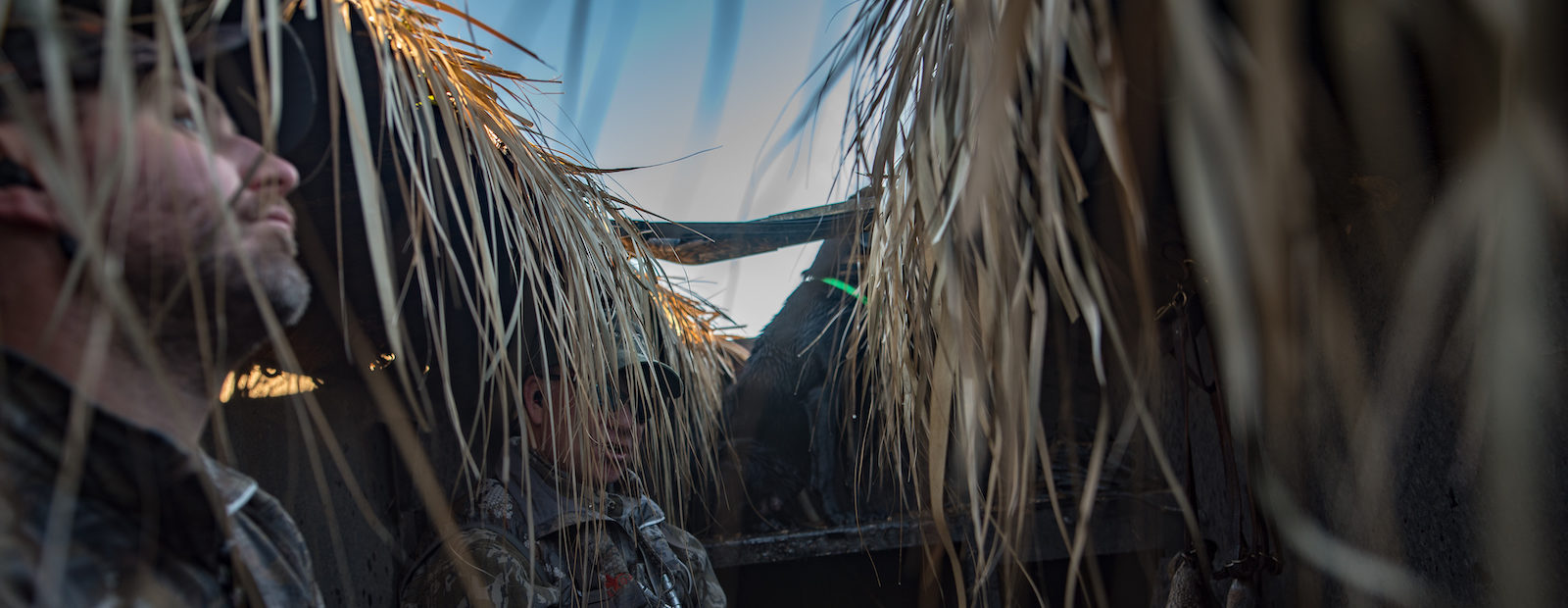


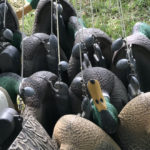
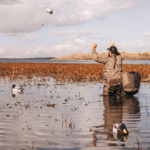


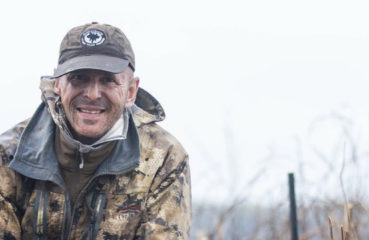

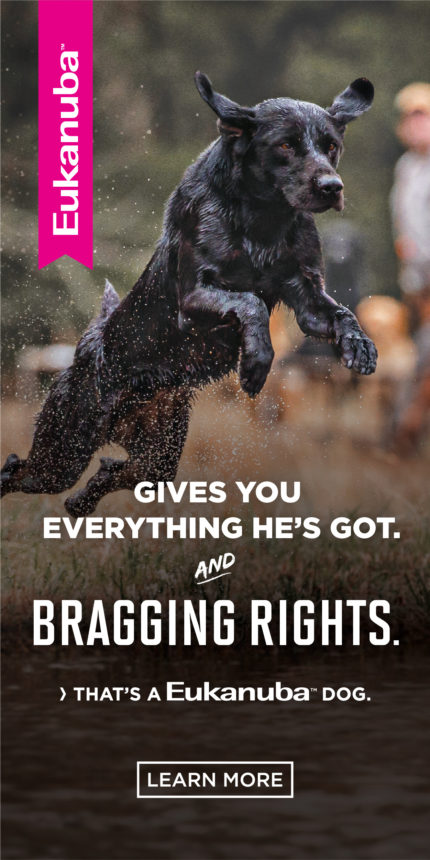


I like how you mentioned that in order to get to the blind at a reasonable time, you should wake up several hours before the rising of the sun. My brother is thinking of looking for boat blinds because he’s considering hunting ducks on the water this year instead of on land. It seems like a good idea for my brother to think about his options before buying a reputable blind to put on his boat so we can have a successful hun this season.